Surface Laptop Go or Surface Go 2: a comparison
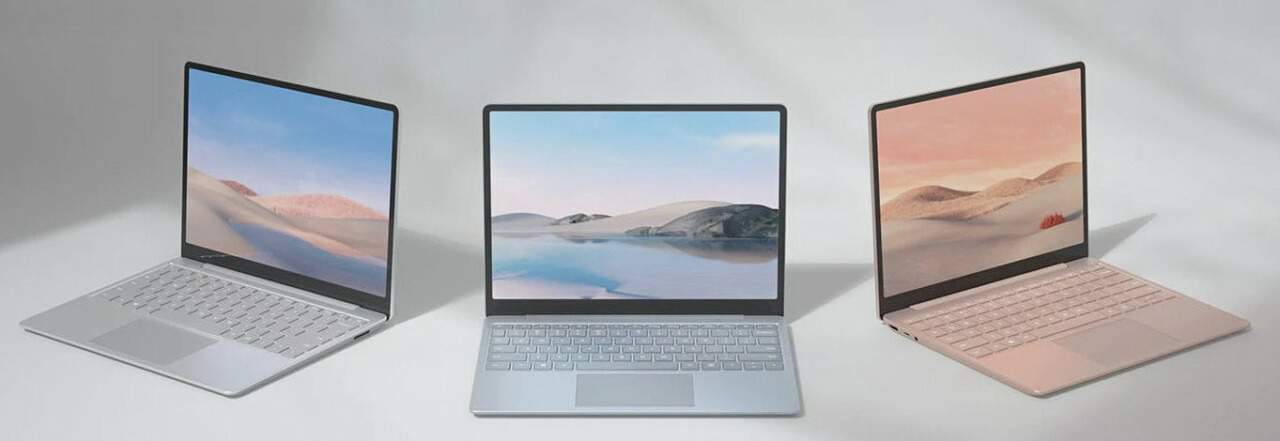
Microsoft has expanded its line of Surface devices in October 2020 adding the Surface Laptop Go to the mix. It is a cheaper, smaller, lighter, and less powerful device than the Surface Laptop 3, similarly to how the Surface Go 2 is cheaper, smaller, lighter, and less powerful than the Surface Pro 7.
If you are a regular here on this site, you may remember that I purchased a Surface Go device shortly after it came out to replace my Surface Pro device. Bought specifically as a lighter option when travelling, it turned out to be the ideal device for getting my work done while on the go. Granted, it is not very powerful and some tasks may take longer to complete than on a desktop PC or full-fledged Surface Pro device, but I find that acceptable.

The releases of the Surface Go 2 and Surface Laptop Go put some users in a predicament: which device should you pick, if you want to get a "Go" device from Microsoft? Is the more expensive Surface Laptop Go the better choice, or is the Surface Go 2 all you need?
Both devices sport the "Go" branding, but they are quite different in what they offer.
The Surface Laptop Go starts at $549.99 while the Surface Go 2 at $399.99. As far as dimensions are concerned, the Surface Go 2 is a bit smaller (245 mm x 175 mm x 8.3 mm) than the Surface Laptop Go (278.18mm x 205.67mm x 15.69mm) and lighter (544 grams in the Wi-Fi version) compared to 1,110 grams of the Surface Laptop Go. The difference can be attributed partially to the missing keyboard of the Surface Go 2, which most users may want to add; it adds about 250 grams to the overall weight of the device.
Adding the keyboard adds another $100 or so to the price of the device, and that moves it closely to the starting price of the Surface Laptop 2.
But what about specs? Here are the core differences:
- Screen:
- Surface Laptop Go: 12.4" with 1536x1024 (148 PPI)
- Surface Go 2: 10.5" with 1920x1280 (220 PPI)
- Processor:
- Surface Laptop Go: 10th Gen Intel Core i5-1035G1
- Surface Go 2: Intel Pentium Gold 4425Y or 8th Gen Intel Core m3 processor.
- Storage:
- Surface Laptop: 64 GB eMMC, 128 or 256 GB SSD
- Surface Go 2: 64 GB eMMC or 128 GB SSD
- Battery:
- Surface Laptop Go: up to 13 hours of "typical device usage".
- Surface Go 2: up to 10 hours of "typical device usage"
- Connections:
- Surface Laptop Go: USB-C, USB-A, 3.5 mm headphone jack, Surface connect port.
- Surface Go 2: USB-C, 3.5 mm headphone jack, Surface connect port, Surface type Cover port, MicroSDXC card reader
- Media:
- Surface Laptop Go: 720p HD f2.0 camera front facing, dual-far field studio mics, Omnisonic speakers with Dolby Audio.
- Surface Go 2: 5.0MP front facing camera, 8.0MP rear-facing camera, dual studio mics, 2W stereo speakers with Dolby Audio.
- Connectivity:
- Surface Laptop Go: Wi-Fi 6: 802.11ax compatible
- Surface Go 2: WiFi: IEEE 802.11a/b/g/n/ac/ax, LTE variant available.
The Surface Laptop Go has the better processor, better battery life, and better upgrade options; the Surface Go 2 has the better display and cameras.
Microsoft does not reveal the built-in graphics adapter of the Surface Laptop Go, as it mentions just that it is an Intel UHD Graphics adapter. Whether it is the same as the Surface Go 2's UDH 615, or a better card, e.g. the UHD 620, is unknown at this point.
The base configuration of both devices is 4 Gigabytes of RAM and 64 Gigabytes of eMMC storage; this may be sufficient for light use, especially in Windows 10 Home in S mode, but most users who want to switch to the regular Windows 10 Home edition, may want to pick the 8 Gigabyte variant with 128 Gigabyte storage instead. It offers more RAM and a better hard drive, and that should make things a lot easier.
The price of the Surface Laptop Go jumps up to $699.99 in that configuration, that of the Surface Go 2 to $549.99 if you stick to the 4425Y processor or to $629.99 if you upgrade the processor to Intel Core M3.
Considering that you may want to pick up a Surface Cover for the Surface Go 2 as well, as you'd have to use touch-input exclusively otherwise, you'd add another $99.99 to the price so that you will end up at about the same price range as the Surface Laptop Go.
Which is right then?
Both devices have certain strengths, the Surface Laptop Go has the better processor and battery life, the Surface Go 2 the better display. The screen is the Achilles Heel of the Surface Laptop Go in my opinion, as it does not support Full HD. May not be a problem if you work with a single program window at a time, but if you like to place two windows side-by-side, you won't get happy with the Laptop Go.
The Surface Laptop Go may have the better video card; if it does, it would be another positive that might persuade users to pick it over the Surface Go 2.
In any event, I advise users to pick the 8 Gigabyte variant that includes the better hard drive, or pick devices by other manufacturers such as the Asus VivoBook S13 with its 13.3" 1920x1080 display, Intel i5-1035G1 processor, 8 Gigabytes of RAM, 512 Gigabytes of PCIE SSD storage and Wi-Fi 6 for $699.99 which may be the better deal when compared to the Surface Laptop Go.
You may also want to wait for this year's Black Friday sales as it is very likely that Surface devices and laptops by other manufacturers will be discounted.
Now You: Have you bought a Surface device in the past?




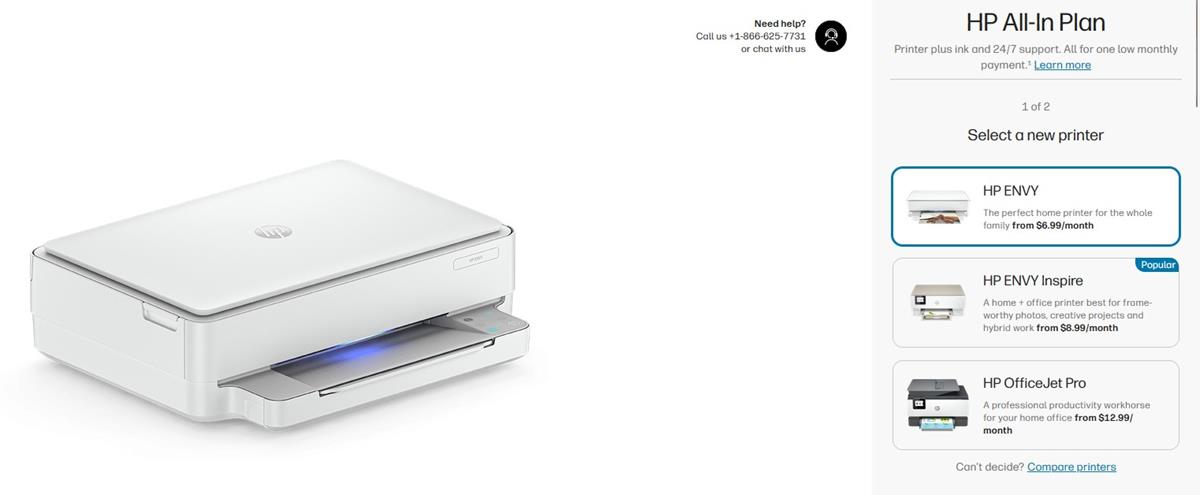
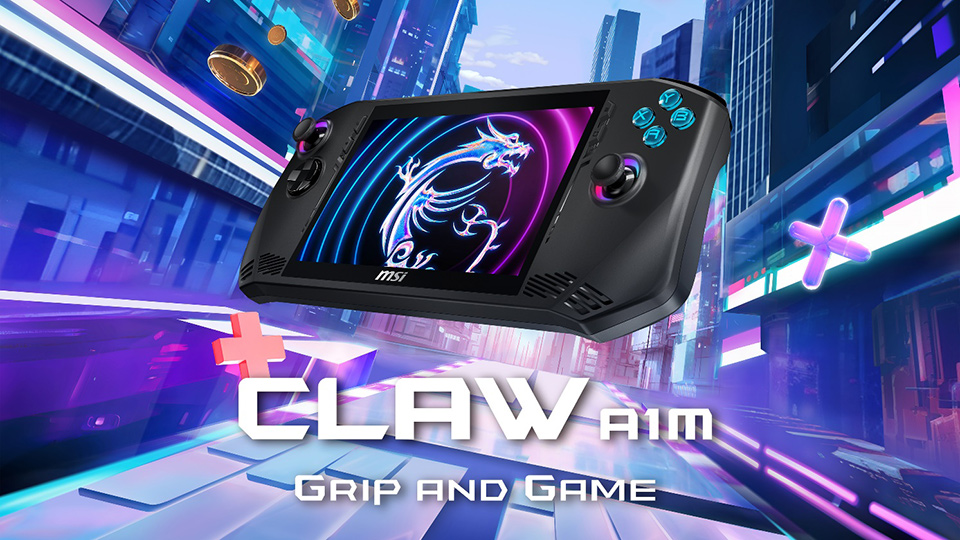

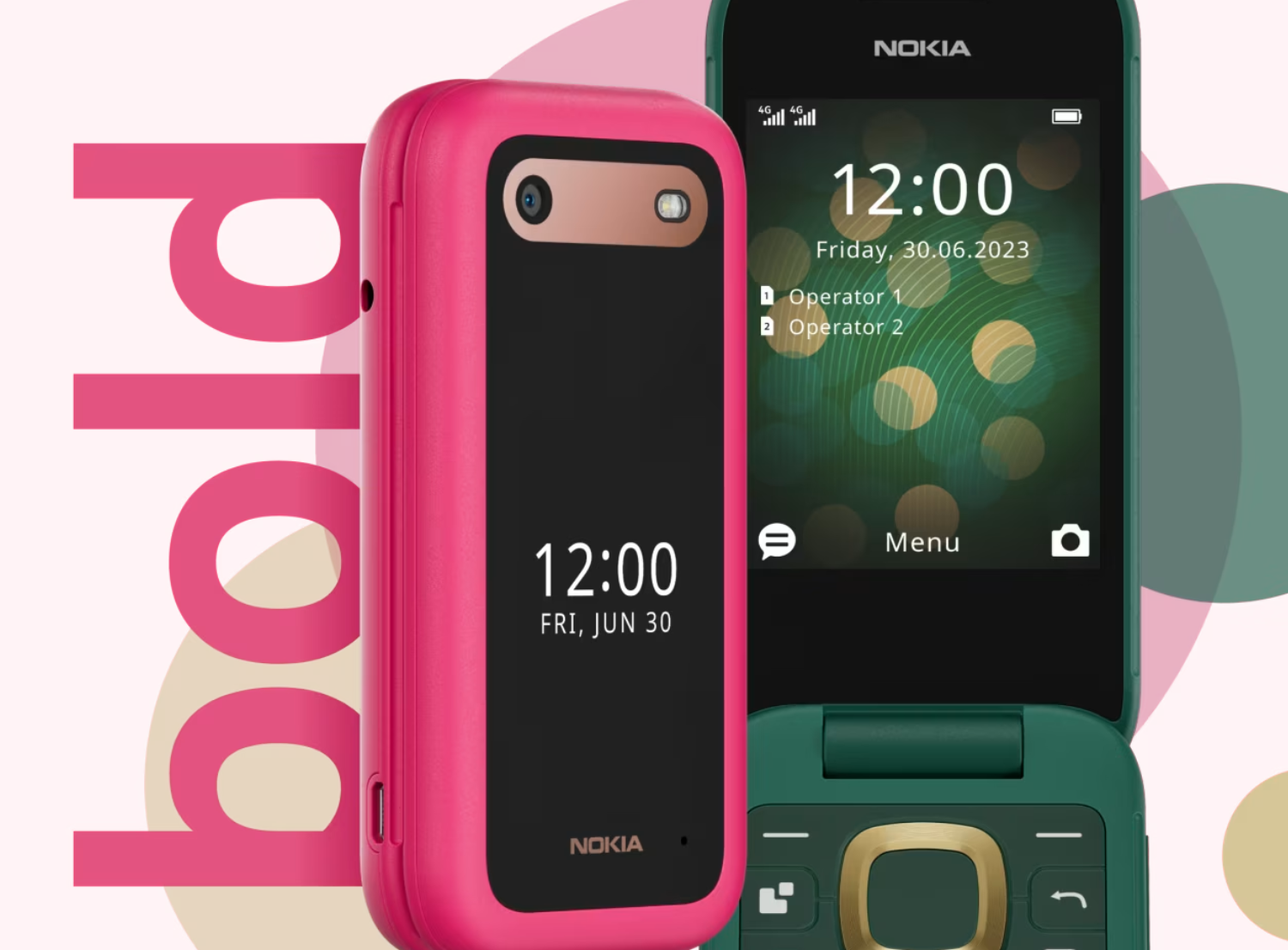
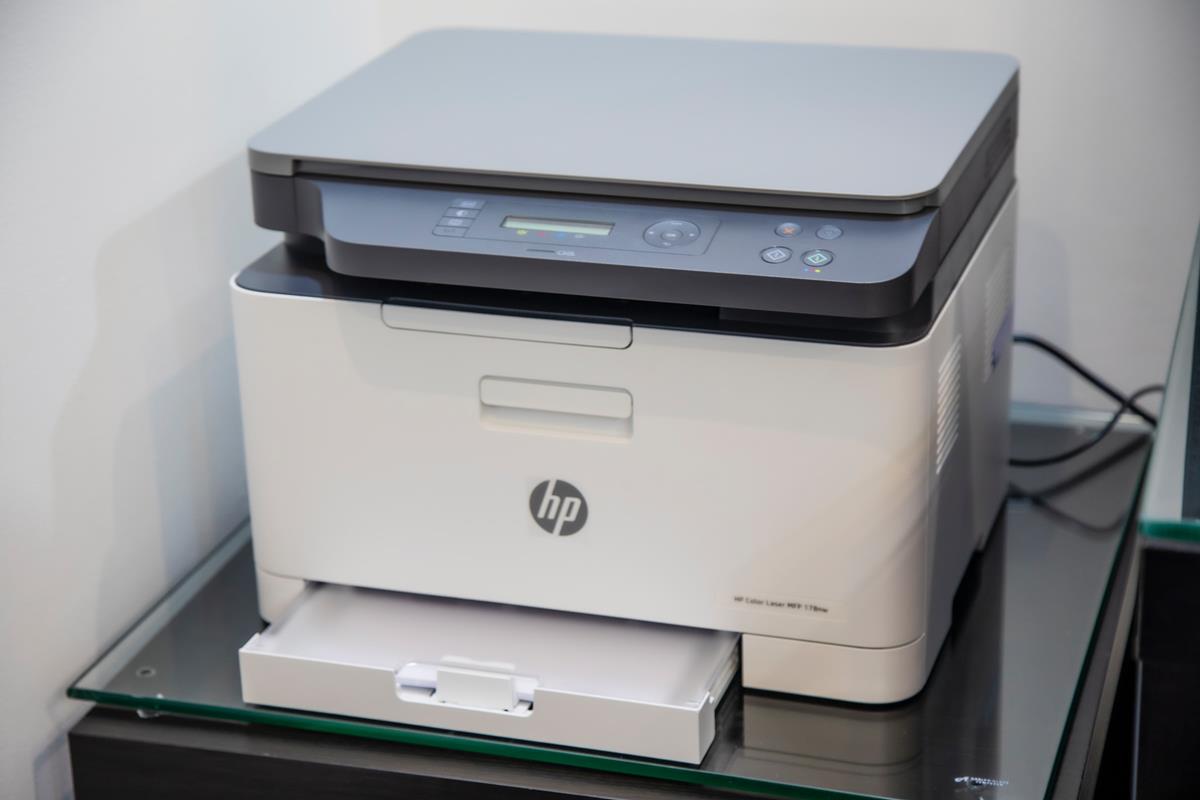
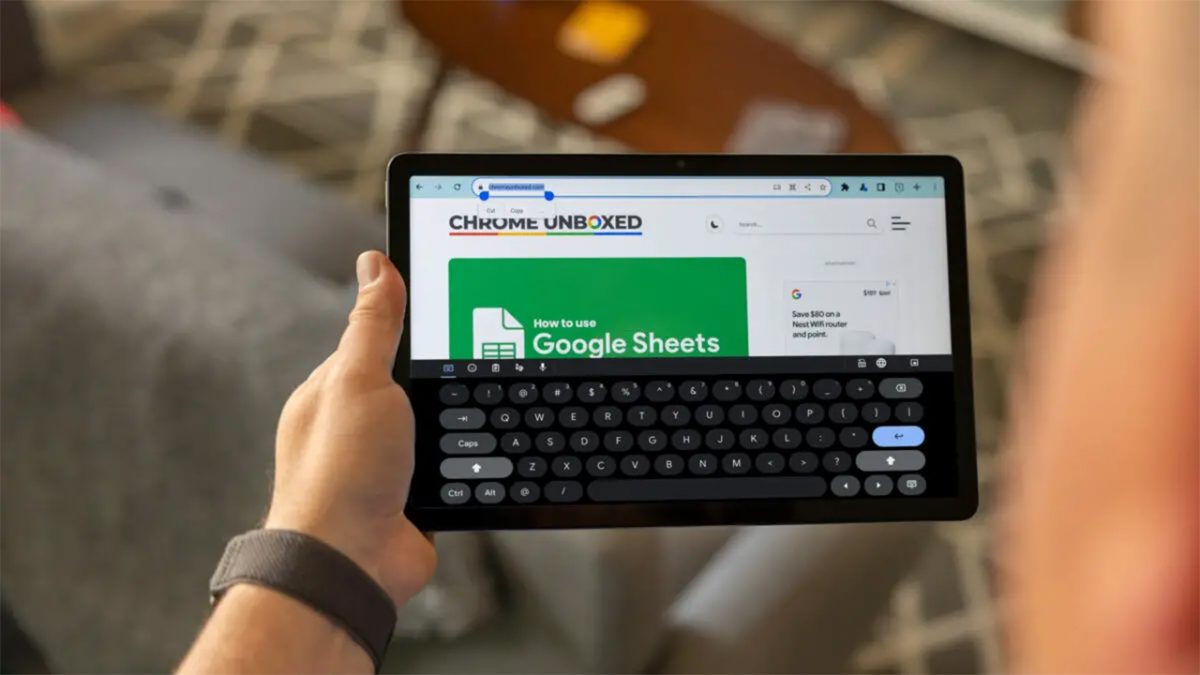
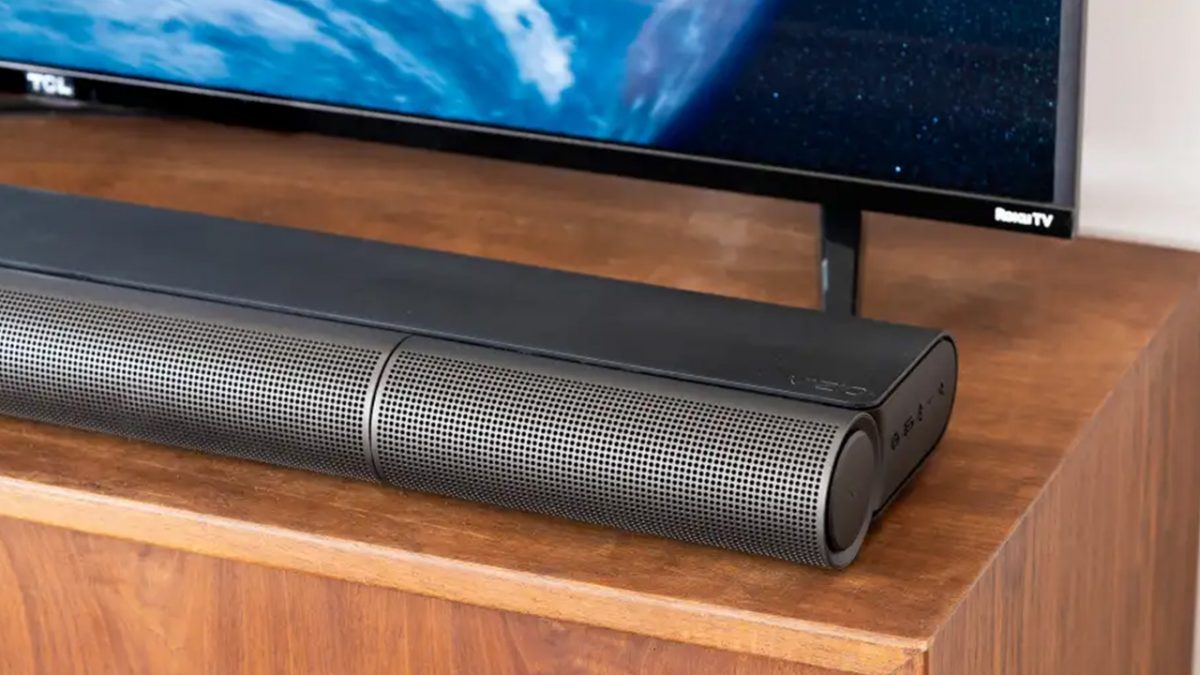
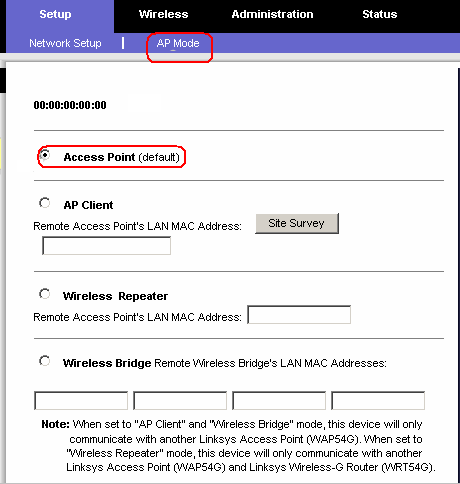
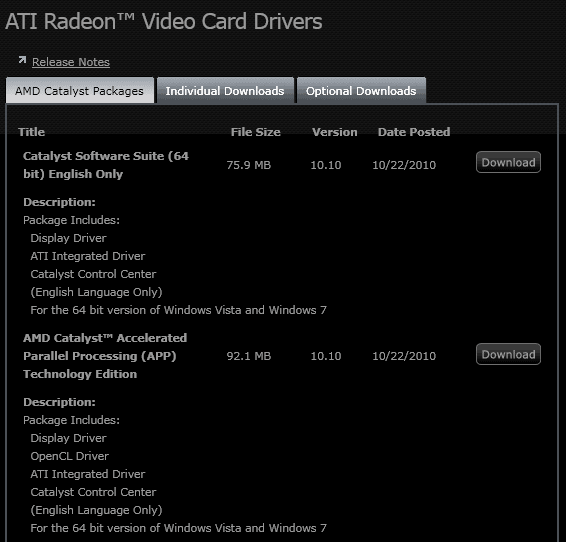









Thank you so much for discussing the surface laptop. No doubt, It has many advantages and more durable and powerful.
Something some people may not have considered, The Surface Laptop Go is small and portable, and while I agree with the lak of RAM and very low storage, the small screen and form factor is perfect for me as a blind person that actually could do without a screen all together.
The only reason I haven’t got the Surface Go 2 is because the keyboard typeCover is too floppy to use without a desk.
If anyone can point me to a laptop (a true laptop) with 12.4 or smaller inch screen in this price range, or at all, please tell me.
14/15.6 laptops are not the most portable thing in the world.
PS:
When things like the iPhone 11/12 pro can have up to 512 GB/1 TB in EMMC storage, why can’t a small Laptop or Tablet?
I’m just chiming in to say how *envious* I am of people whose eyesight is still good enough to productively use devices with such *tiny* screens — let alone contemplate displaying side-by-side windows on them.
Surface Laptop Go or Surface Go 2 ? None
The Surface devices are the worse laptops/tablets out there.
No wander they are disaster in sales.
64GB for windows? What are they smoking on MS?
I own a Surface Go 2 (M3/8GB/128GB) Business model, which adds Windows 10 Pro and TPM for $50 more. I find the Surface keyboard and pen worth the cost, but it will also work with a $20 Bluetooth keyboard and a $30 third party pen. A 256GB micro SD card triples storage for less than $50. It can charge over USB C, so I can use one charger for it and my phone.
If you want a tablet that can be used as a Windows laptop when you need it, the Surface Go 2 is great. If you just want a Windows laptop, you can do far better than the Surface Laptop Go for less money elsewhere.
Have you bought a Surface device in the past?
Just one back in 2014, a Surface Pro 3 with type cover keyboard. At the time needed something with better battery life and portability than an older Dell laptop. The Surface worked well running Windows 8.1 Pro with Classic Shell. But after a couple years I no longer needed the portability so went back to the Dell laptop primarily due to its larger 15.6″ screen and 16:9 aspect ratio (Surface was only 12″ and a 3:2 ratio). Still have that now eleven year old laptop which runs great yet after replacing its battery and hard drive with an SSD while the Surface has since gone to the local recycling center! While my Surface experience was generally good I have no plans to ever buy one again especially since they come with Windows 10 that I absolutely despise (potato OS that will never touch my hardware again!).
Now compare both to the PINEBOOK Pro.
Though it may not be a fair comparison, as PINEBOOK also has a matching tablet and phone that are open-source Linux systems that can be user upgraded.
Microsoft doesn’t even know their own operating system? 64GB storage is not enough for for anyone. 40GB goes to the OS alone, so you are left with only 24GB for your software, files, and updates. Also, 4GB RAM is not enough nowadays when we got bloated electron apps like Teams and Edge Chrome. Screen and resolution is awful.
Their whole game is for you to subscribe to their cloud to store your files. $549.99 + $99 a year. This is a complete rip off.
Microsoft spent more on a nice screen and making it a touch screen than actually installing a decent size storage drive and RAM. Two things that would actually help a user more. The middle Surface Go option at least gives you what you should get with the base model. But it costs $699, which means at that price you have plenty of better options for $700. I personally don’t see the value in the Surface Go laptop. The base model is too short on hardware and the upgrades place it out of competion with better options.
Overpriced and underfeatured. Typical Microsoft marketing. There are far better options available out there from other companies.
I hqve a SP7, use it as my on the go device, and I love it :3 Running LTSC, of course
@ Yuliya,
:3 looks like two eyes and a pair of tits. :D
lol, it’s supposed to be a kitten smily 😸
Does the HP 110 from may 1984 still count’s as a portable?
Next to the $2995, 00 (today $7370.46) for het HP 110 it was smart to pay anouther $795,00 for the HP-9114B battery-powered floppy drive and the ThinkJet 2225 portable printer at $ 495,00. So back than a portable cost around 4.285 (Today I think around $10.000 we were paying for it all together).
But you where not ready with only the hardware there were still outher things to buy like software.
and two bags, floppy’s, insurance and back than you were paying thrue your teeth for (costly) software.
Let’s say you were paying in total around $7.000,00 (about $ 16.000 nowadays!)
https://en.wikipedia.org/wiki/HP_Portable_Plus
https://www.oldcomputers.net/hp110.html
https://hpmuseum.net/display_item.php?hw=253
https://hpmuseum.net/display_item.php?hw=300
36 years ago it was the top of the bill. And nowaday’s I think the HP-il system was a reallly great invention. Also HP-IB but that’s anouther story!